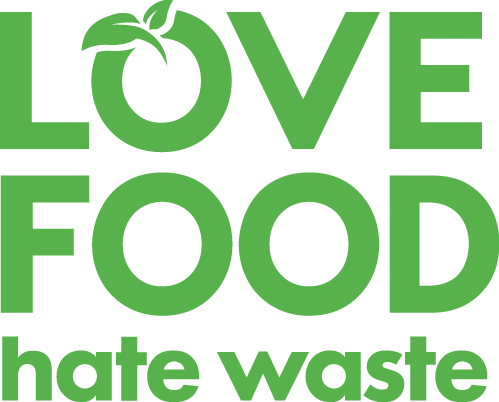World Soil Day
Compost fights soil erosion. We love food but we also love the soil it’s grown in.
December 5 is celebrated around the world as the day for soils and quite rightly so. There are probably few things as important as the well-being of our soils. They hold life, enable plants and crops to grow and store carbon and valuable nutrients.
Most of Australia’s soils are ancient, strongly weathered and not very fertile. Generally, surface layers have low levels of organic matter and are often poorly structured. Due to farming practices used to grow food for us for generations, many of our soils lack nutrients and organic matter.
On farms, the main sources of organic matter are plant litter, such as plant roots, crop stubble, leaves and mulch, animal manures and compost. In healthy soils, earthworms and microorganisms decompose these materials. The process of decomposition releases nutrients which can be taken up by plant roots. The end product of decomposition is humus, a black crumbly material resistant to further decomposition. Humus is a complex chemical substance that stores plant nutrients, holds moisture and improves soil structure.
As well as helping households to reduce food waste, the NSW Government’s Organics program is helping to improve soils through the addition of composts. We’re supporting more kerbside collections of both food and garden waste and funding infrastructure to turn it into compost. People living in 43 council areas in NSW can now recycle their food waste in the green lid bin with Food and Garden Organics (FOGO).
In turn, this is going back into our soils on farms, sporting fields, parks and landscaping, including in our own gardens. We’ve supported projects that showcase the benefits of compost on soccer fields, roadside vegetation, farms, orchards and, successfully used to combat noxious African Lovegrass on the Cooma Monaro Plains.
If you don’t yet have the ability to recycle your unavoidable food waste at the kerbside, celebrate World Soil Day this year, by investing in a home compost bin to make the most of a valuable resource all year round and use it to improve the soils in your own garden.
Hear soils scientist Mick Battam explain how compost is improving soccer field soils to build turf resilience throughout the playing season.
Check out how compost made from kerbside food waste collections is helping Byron Bay farmers grow more food.
Download a copy of our Food Waste in NSW Infographic.
By Maša Vahldieck
